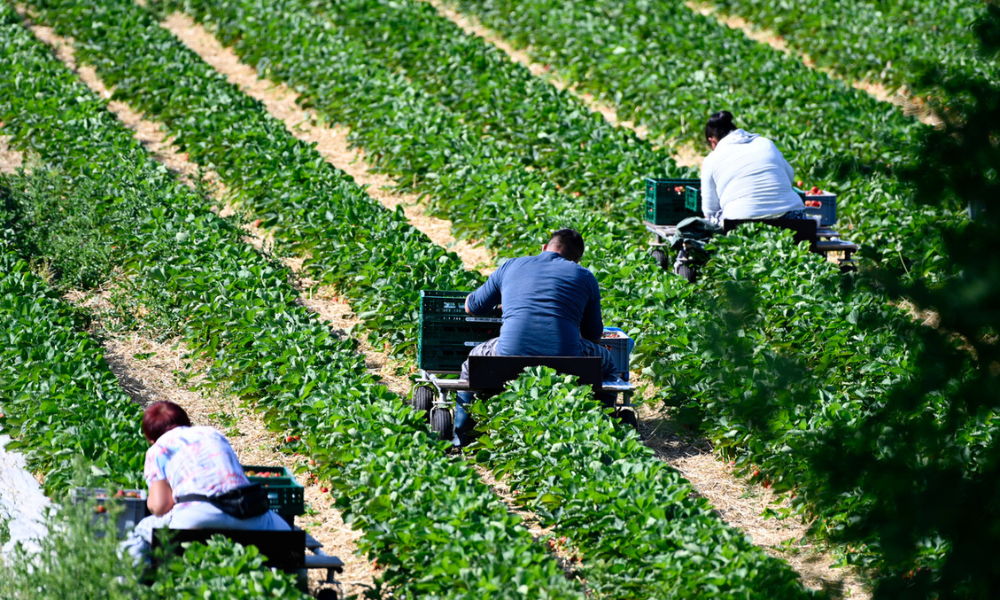'We observed no evidence of mistreatment'

A Jamaican official has rejected claims made by farm workers in Canada that they are being subjected to mistreatment by their employers.
While working conditions varied at the different farms, Karl Samuda, Jamaica’s labour minister, along with his team, “observed very good relations” between workers and their employers, he noted in an Al Jazeera report.
“We observed no evidence of mistreatment,” Samuda said.
Workers also have good relations with the Jamaican government liaison officers “based in Canada to safeguard the interests” of the workers, he said.
Samuda’s observation came after he and his team visited nine farms between August 14 and 16, including the two farms employing the temporary migrant workers from Jamaica who raised the alarm over their work conditions, according to the report.
Previously, Syed Hussan, executive director at Migrant Workers Alliance for Change, called for a revamp of the system to better support workers who, he said, are “being turned into machines, rather than being treated like complete people”.
“As it currently stands, the Seasonal Agriculture Workers Program is systemic slavery,” said Hussan.
The call came after, on Aug. 14, 57-year-old Jamaican farm worker Garvin Yapp was fatally injured while operating farm equipment.
During the early months of the COVID-19 pandemic, some 25 per cent of the total death count because of COVID-19 were attributed to immigrants, according to a previous report. Also, migrant farm workers who come to Ontario from other countries are at higher risk of contracting COVID-19 and other diseases. This is due to their communal living and working conditions.
‘Slap in the face’
Samuda’s statement is a slap in the face, according to the Migrant Workers Alliance for Changes.
"Hearing what Minister Samuda has been saying to the media, we feel betrayed, like the world doesn't make sense,” they said.
“Since our letter came out and got media attention, our bosses have been telling us to keep quiet or else they will shut down the farm and we will all lose our jobs. To hear our own Minister of Labour glorify these bully bosses, these devils, is a slap in the face of every farmworker and our families.”
The statement also made it clear to migrant farm workers that they “cannot look to the authorities for help” and that they must protect themselves, the alliance said.
However, the group will continue to fight for permanent status for all migrant farm workers.
Hussan also noted that because the agri-food industry in Canada is a lucrative business, “it is no surprise that the Jamaican government has turned to exporting people for the sake of remittances, and takes the side of exploitative bosses instead of workers.”
What is surprising and “deeply egregious”, he said, is that despite the “decades of migrant workers highlighting the abuses they face, the federal government still has not created the one solution that will work, which is full and permanent immigration for migrant farmworkers, as well as all migrants in Canada.”
Temporary foreign workers (TFWs) in British Columbia experienced many types of abuse perpetrated by employers and their agents, according to a report from the Migrant Workers Centre (MWC) released in March.





